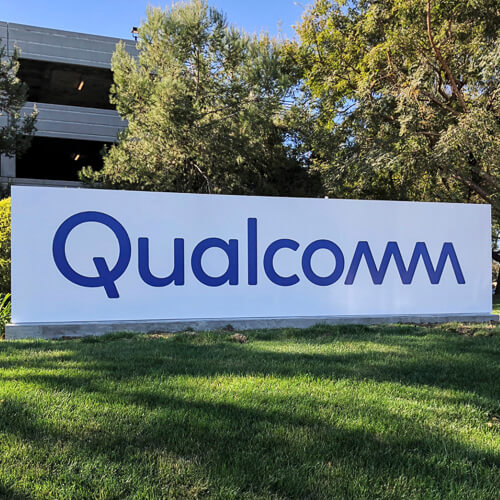
The global tech industry is closely watching the high-profile legal battle between Qualcomm and Arm Holdings, as the case could redefine business dynamics in the semiconductor sector. After a week-long trial, the jury has begun deliberations in this contentious dispute over licensing agreements and chip design rights.
What’s at Stake?
The lawsuit centers around Qualcomm’s 2021 acquisition of Nuvia, a chip-design startup. Arm alleges that Nuvia breached its licensing agreements, prompting the British company to terminate the contract and demand the destruction of related chip designs. Qualcomm denies these allegations, asserting that its chips were developed independently and accusing Arm of trying to stifle innovation and increase royalties by up to 400%.
For Qualcomm, the stakes are high. Its push into the PC market with high-performance AI laptop chips, poised to rival Apple and Intel, could be jeopardized. Meanwhile, Arm’s ability to enforce its licensing agreements is critical to maintaining its business model and leadership in semiconductor intellectual property.
Key Arguments in Court
- Qualcomm’s Defense
Qualcomm lawyer Karen Dunn argued that Arm’s lawsuit is a calculated attempt to undermine competition and secure higher royalty rates. She suggested that Arm’s demands could lead to disruptions across the tech ecosystem. Dunn also highlighted internal Arm documents allegedly revealing plans to enter the chip manufacturing business while sidelining Qualcomm. - Arm’s Counterarguments
Arm’s attorney Daralyn Durie focused on the core issue: whether Qualcomm and Nuvia violated licensing agreements. Durie dismissed Qualcomm’s accusations as distractions, emphasizing that Qualcomm knowingly disregarded the terms of its license.
Why This Case Matters
The trial’s outcome could ripple across the semiconductor industry:
- Impact on Licensing Models
Arm’s business relies on licensing its technology to chipmakers. A verdict favoring Qualcomm might embolden other companies to challenge similar agreements. - Market Dynamics
Qualcomm’s success with AI laptop chips could disrupt market leaders Apple and Intel, but only if it can sidestep legal obstacles. - Precedent Setting
The case marks the first significant challenge to Arm’s licensing practices, which have been a cornerstone of its business for decades.
Verdict Awaited
After a week of testimony, the jury spent three and a half hours deliberating without reaching a conclusion. Discussions are set to resume, and the verdict could define the future of licensing disputes in the semiconductor world.
